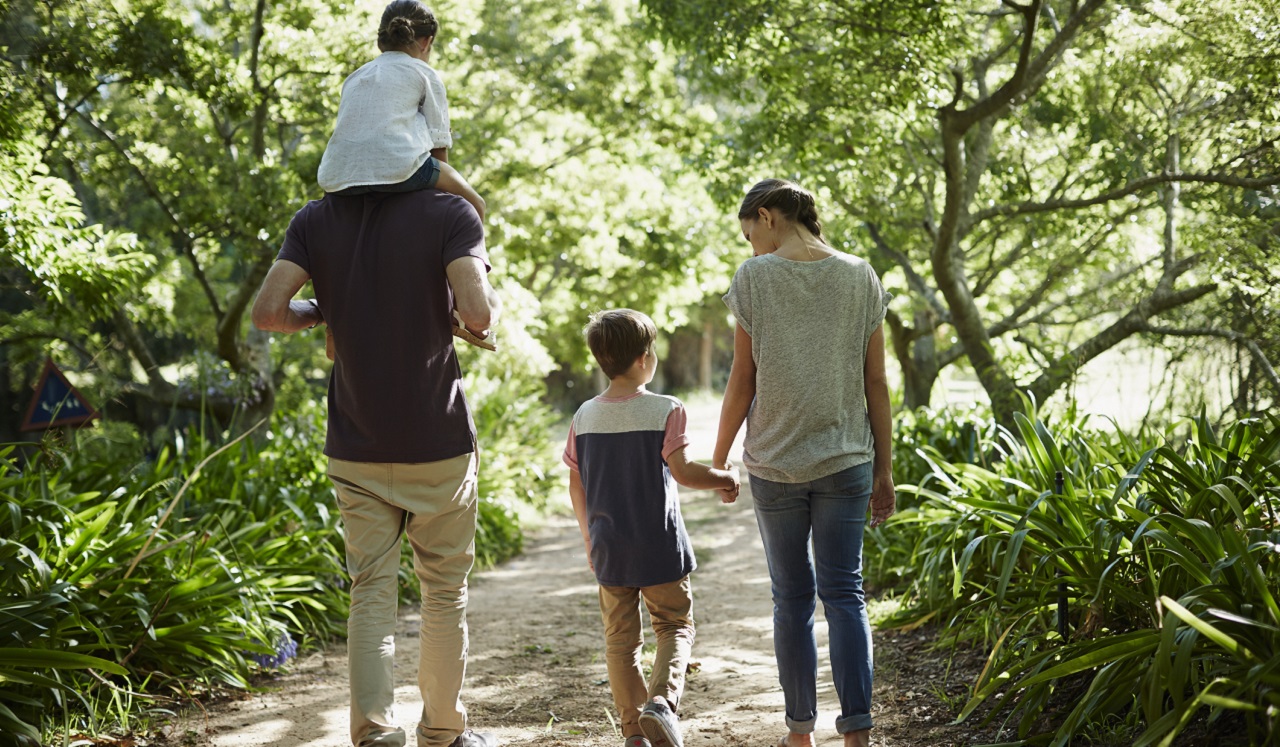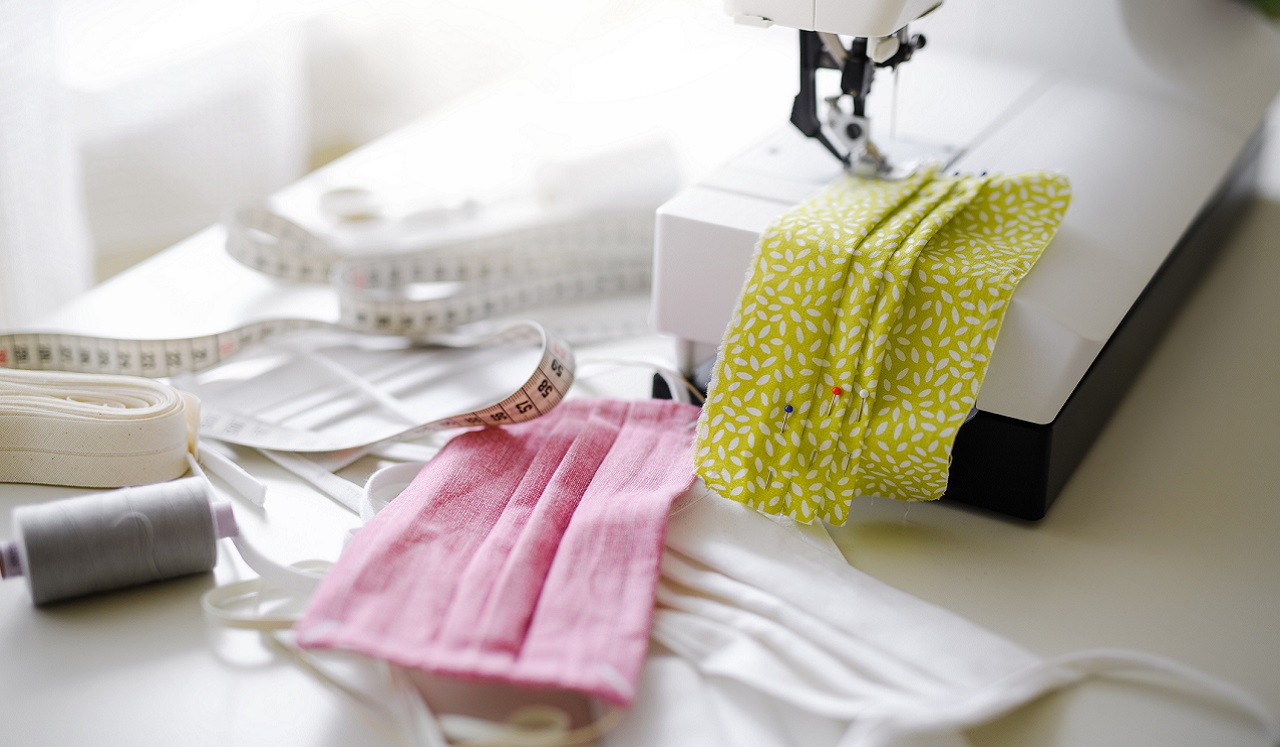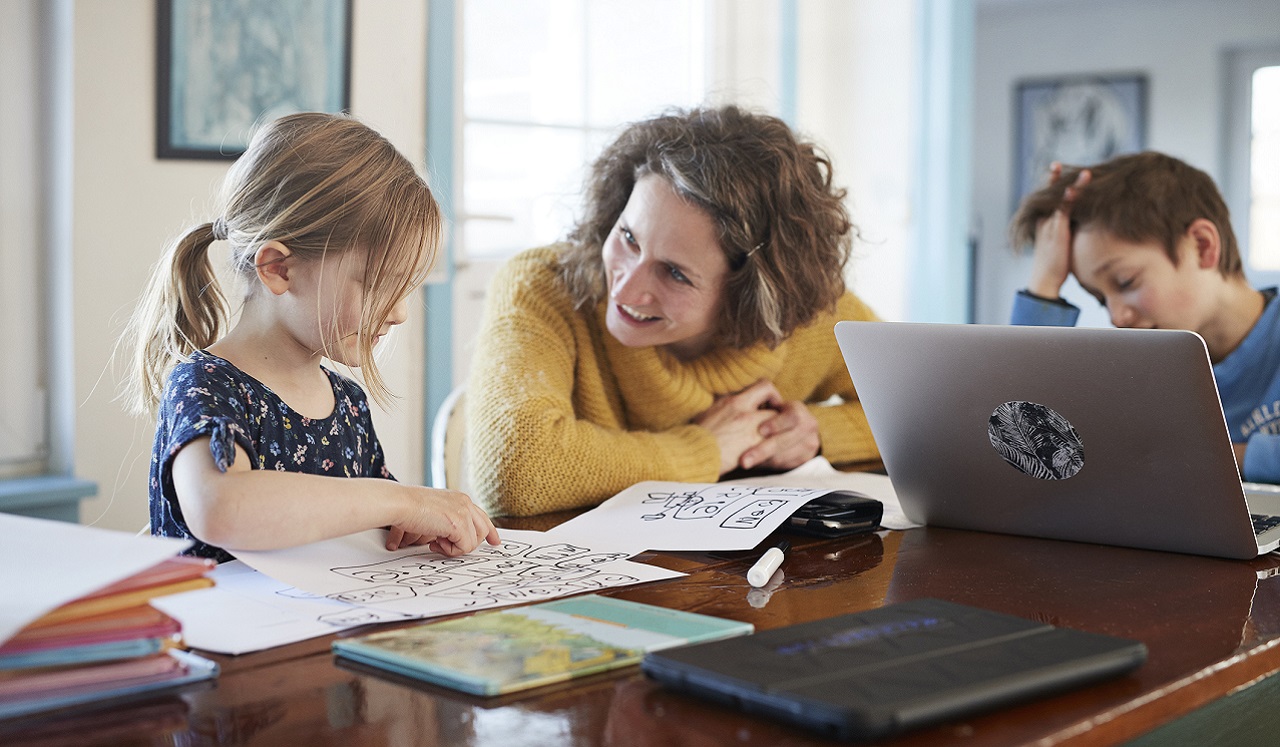May 11, 2020
Quarantine fatigue has taken its toll. We’ve watched everything on Netflix, planted our spring gardens and reorganized every drawer and cupboard in the house. We’re more than ready to spend quality time—in person—with family and friends. As stay-at-home restrictions begin to relax, how can we get the human contact we crave, while still protecting ourselves and others? What will the ‘new normal’ look like for family get-togethers, pool parties and backyard barbecues?
Memorial Hermann Medical Group Cypress primary care physician Lillian Howard, MD, offers tips for easing into a safe summer.
Keep it small. Dr. Howard says people will likely prefer to stick to small gatherings, many choosing to cook and entertain at home rather than going out, given that it could potentially take “a year or more” until there’s a vaccine for the COVID-19 virus.
Limit unnecessary outings. We’ve grown accustomed to the convenience of having a grocery store nearby, affording us the opportunity to shop frequently. “But while we’re still under the threat of COVID infection, and as flu season approaches, we don’t need to go to the store every day. Plan ahead to minimize outings—and exposure,” she says.
Mix it up. Dr. Howard thinks people will continue to employ some of the creative social distancing techniques they adopted while under stay-at-home orders, such as video conferencing, drive-by visits and even car circles, a practice among teens who park in circles and visit from their cars.
Keep it clean. Our health and daily habits have never seemed so crucial to survival. “The new habits that have been formed during the pandemic, including frequent and thorough hand washing, sanitizing surfaces and not touching surfaces unnecessarily, will stick around, even after the immediate threat is over, especially among kids,” she says.
Protect our most vulnerable. Dr. Howard, whose subspecialty is geriatrics, says that her older patients seem to be adjusting well, many staying in touch with family via phone and video calls. But as restrictions are lifted, it’s important to continue to take extra precautions to protect older family members, especially if they have underlying illnesses, such as diabetes, cancer or high blood pressure, as they are at greater risk of developing serious complications from COVID-19 illness. “It’s about keeping them safe,” she says, “and for our younger generation, it’s also about showing their elders respect.”
Focus on what’s important. “If there are a few lessons this experience has taught us, it’s that there are everyday things on which we may not have focused due to our busy schedules that we are now thoroughly enjoying—spending quality time with our families and enjoying simple activities with loved ones without spending money on lavish vacations, expensive dinners and gifts. It’s understanding our reliance on connection, in reaching out to friends and keeping close those who are in need or alone. It’s knowing that time is a gift that we should spend in the best way possible,” she says.
Dr. Howard says it’s also important to remain hopeful. “Even though our new normal might differ from our pre-COVID normal, we have to remember that we will get through this. If you’re feeling anxious, depressed or isolated, reach out to someone—a friend, a family member or your family doctor,” she says.
For more tips on keeping your family healthy and safe, visit the Memorial Hermann Coronavirus (COVID-19) Resource Center.
The information in this article was accurate as of May 11, 2020.


